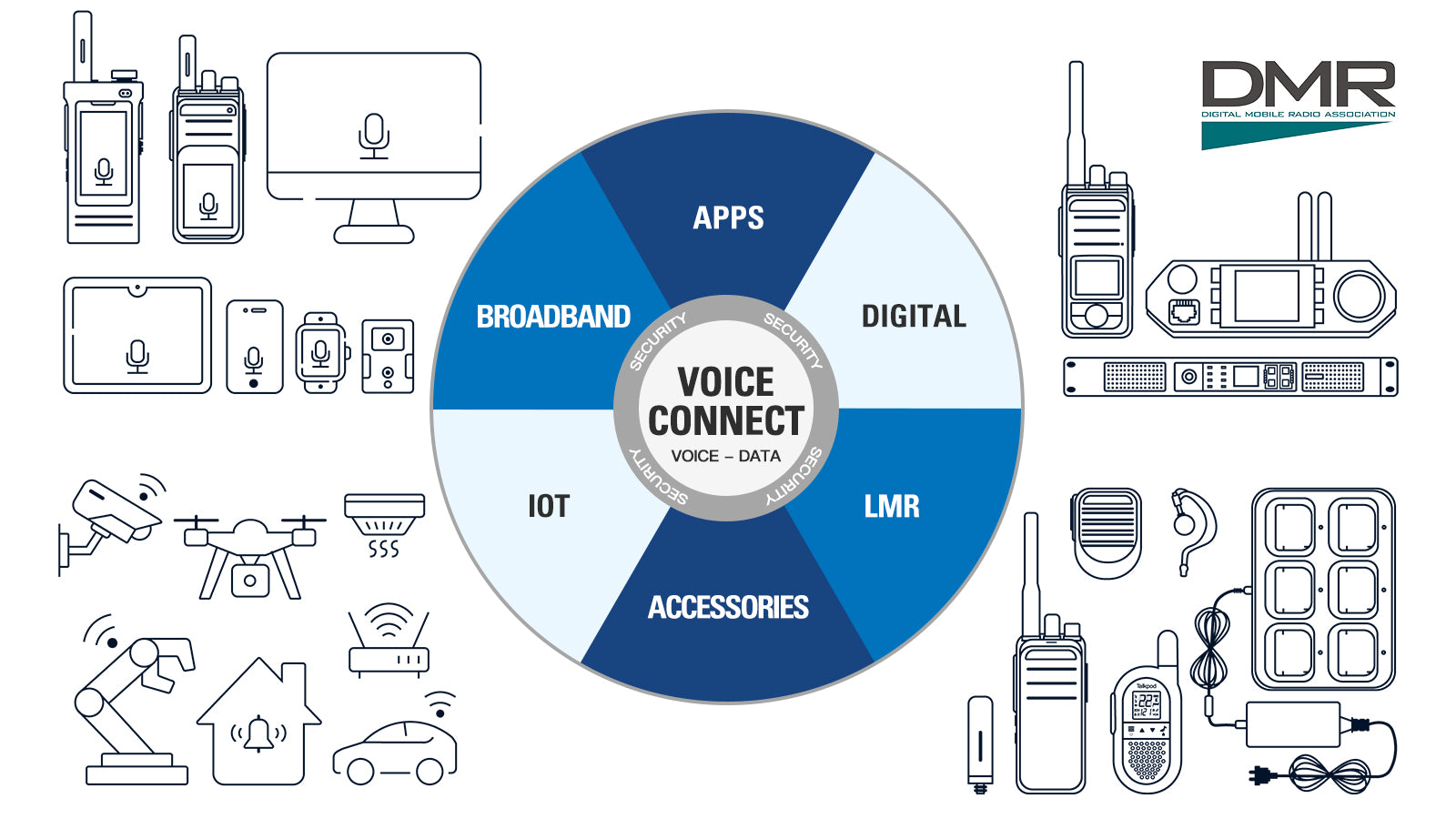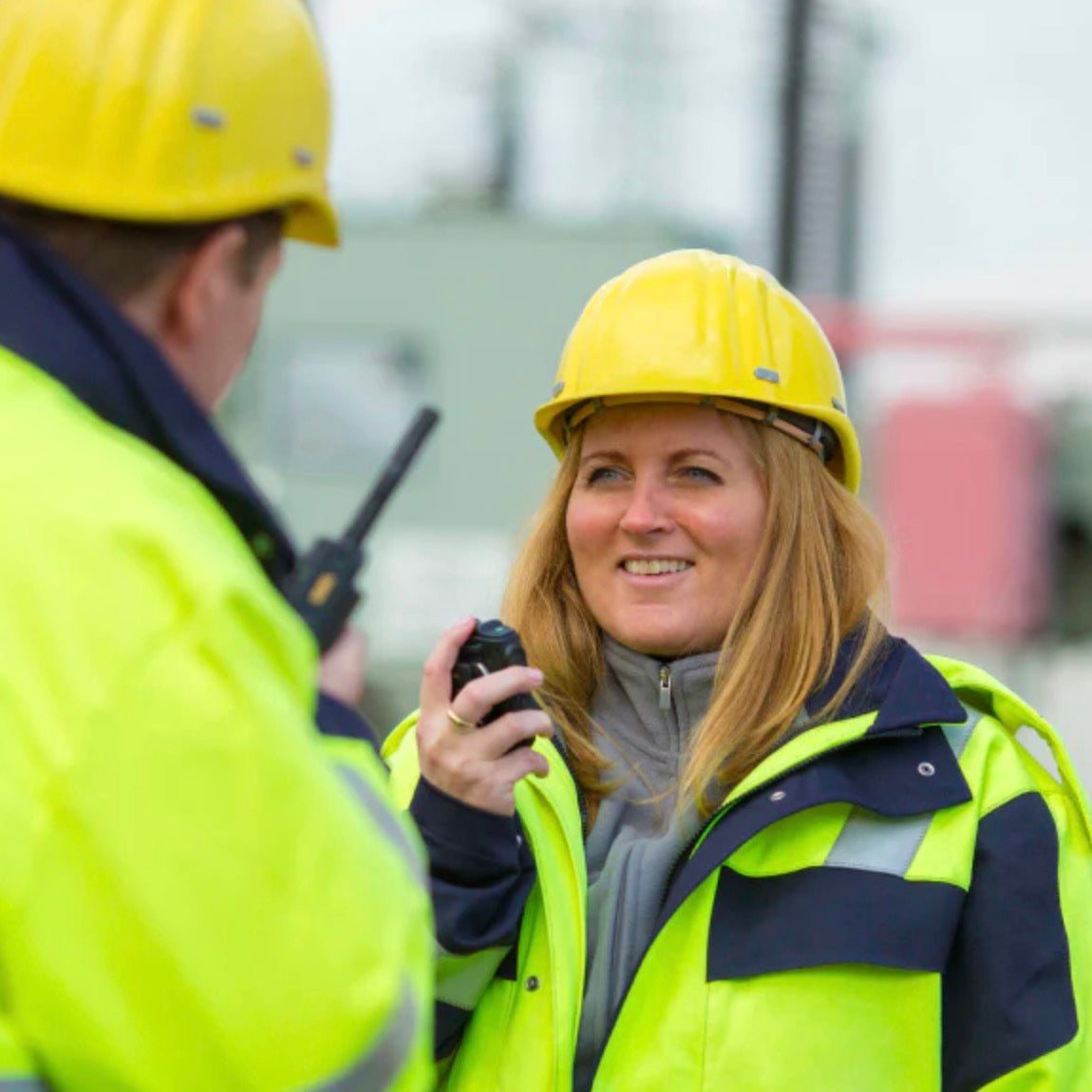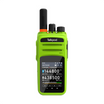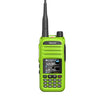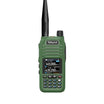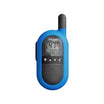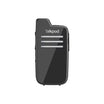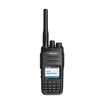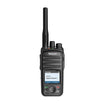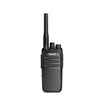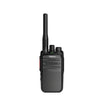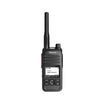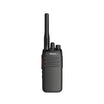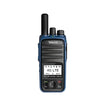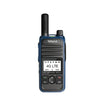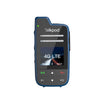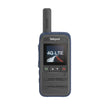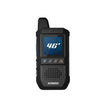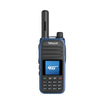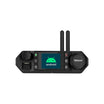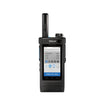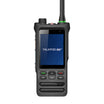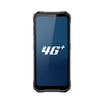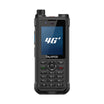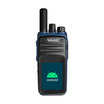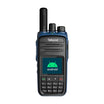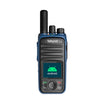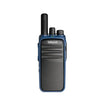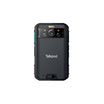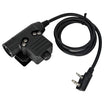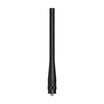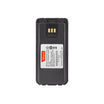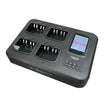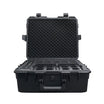Lithium-ion batteries are a cornerstone for the reliable functioning of two-way radios, offering a stable and dependable energy source. These batteries operate on chemical reactions to generate power, making it crucial to keep an eye on their charge cycles and age to determine the optimal moment for replacement and recycling.
Charging and Maintenance
Upon acquiring a new lithium-ion battery, it's essential to understand that it won't come fully charged. The initial step involves charging it completely before usage. It's important to use only Talkpod-approved chargers for this purpose. Keeping the battery and charger contacts clean and dry enhances charging efficiency; a damp cloth or alcohol wipes can be used for cleaning. Once charging is complete, removing the battery from the charger prevents potential damage and extends its life, as continuous charging can diminish its longevity. Unattended chargers are not a safe place for batteries. Conducting regular checks with a battery analyzer is advisable to guarantee safety and maintain capacity.
Storing Your Battery
Proper storage plays a significant role in battery life extension. A cool, dry, and well-ventilated area is ideal for storing batteries. Those kept in storage without use will gradually lose their charge and should be recharged fully prior to usage. Battery capacity diminishes over time, even when not in use. After five years, the chemistry within the battery might destabilize, making further use inadvisable. For extended storage periods, maintaining batteries at room temperature with a 40% charge is recommended.
Safety and Disposal
The risk of excessive heat, potentially leading to smoke or fire, increases with the use of batteries beyond their service life. Batteries showing signs of physical damage, swelling, distortion, or unusual heat should not be used. Charging or operating batteries outside the specified temperature ranges of the radio poses risks. Furthermore, exposing battery contacts to water or conductive materials can cause short circuits, leading to smoke or fire. Ensuring proper disposal and recycling after their lifecycle is imperative for safety and environmental preservation.
By adhering to these guidelines, users can significantly enhance the performance and lifespan of their two-way radio's lithium-ion batteries, ensuring reliable communication when it matters most.


